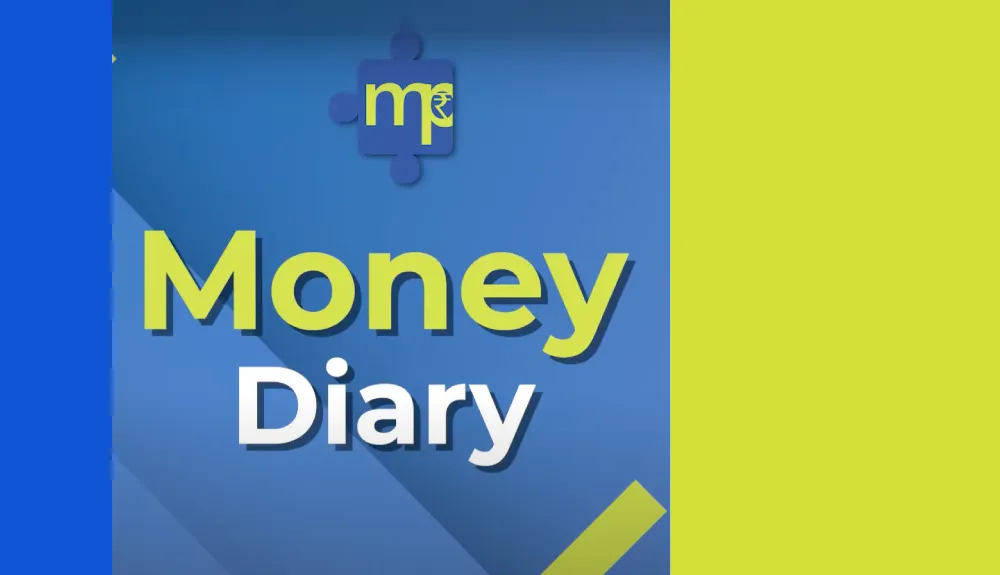Have you been in the midst of a financial crunch or had the desire to make a big-ticket spend, but realised your savings are not enough?
It may be a medical emergency or wedding expenses or just that expensive travel you planned with the family. Whatever the reason, at times like this, it may be tempting to fall for the personal loan offers that bank telecallers keep calling us for.
But do you know that personal loan rates in India can range from 10%-25% depending on your credit score and the bank you approach? Usually, a personal loan has a 1 to 5-year tenure.
This means for a Rs 1 lakh personal loan taken for a year, you will end up paying back a total of Rs 1.066 lakh. Taken for a period of 5 years, you will end up repaying Rs 1.335 lakh. This is an expensive ordeal.
Instead, for large-sized expenses, save for some months and then spend. For medical emergencies, rely on a good quality health insuranceA comprehensive policy that covers for medical and surgical expenses that you incur. This includes hospitalisation expenses, pre hospitalisation expenses and other expenses incurred for all the illnesses covered in the policy. Moreinsurance policyAn insurance policy gives you the right to reimbursement or payment from an insurance company for losses agreed up on in a defined contract. A life insurance policy for example, needs the insurance company to evaluate a claim on the... More and for other emergencies, take 6 to 12 months and build your contingency fund by putting aside money in a safe investmentAn investment is made to give you a return. You make an investment if you use your money to buy either physical assets like property or financial assets like bonds and equity with an aim to receive income or gains... More option. Say no to personal loans.
Also read:
How to reach financial freedom

What does it mean when you say that you’re working towards financial freedom? Freedom from what? This term is overused and highly misunderstood. Financial freedom sounds like you must accumulate a certain sum of money to attain some sort of monetary nirvana early in life and then you will be free. It’s the two words…
Money Diary – What should you do when markets correct?

Hugely inspired and slightly borrowed from Rick Kahler, MS, CFP, CFT-I, CeFT, CCIM and his The Financial Therapy Podcast. This video is for Indian investors who are confused about what to do in today’s volatile market conditions and how to make use of the correction. Four Easy Steps to follow for clarity on what you…
What is the best tax-saving investment? − Money Essentials #10

When choosing where to invest for saving tax, why not also think of the most efficient investmentAn investment is made to give you a return. You make an investment if you use your money to buy either physical assets like property or financial assets like bonds and equity with an aim to receive income or gains... More considering the balance of both risk and return. There are several tax-saving investments like public provident fund (PPF), unit-linked insurance plans (ULIPs), national pension scheme (NPS), national savings certificate (NSC), equity-linked savings scheme (ELSS), long term fixed deposits,…

